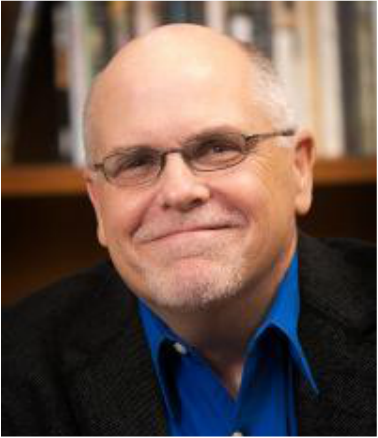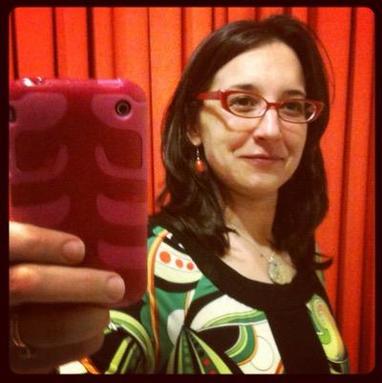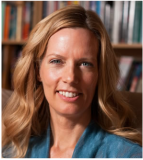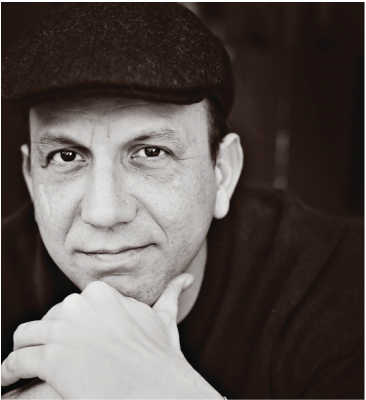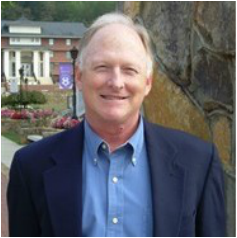NonfictioNow 2015, Flagstaff, Arizona
Hydra-Headed Memoirs & Well-Connected Essays:
Negotiating Your Book-length, NonFiction Thing
|
Joe Mackall
Joe Mackall is the author of Plain Secrets: An Outsider Among the Amish and The Last Street Before Cleveland. Co-editor of River Teeth: A Journal of Nonfiction Narrative, his work has appeared in The New York Times, The Washington Post and on NPR’s “Morning Edition.” He teaches at Ashland University. |
Sonya Huber
Tarn Wilson
|
Steven Church
Steven Harvey
|
Joe Mackall
|
“I can’t exist more than a few days without seeing my granddaughters. My whole way of being wavers in their presence. My dark disposition begins to lighten up. I’ve figured out some of it. After a quarter century of loving all the same people, I’ve fallen in love with somebody new. I’ve loved my children all of their lives and my wife every day for nearly thirty years, but now there’s new love. Perhaps my heart’s tectonic shifts have shaken my psychic geography. I have two new people to love, two new people to see the world through, to share life with, to worry about, to fear for in a time when I sometimes can’t recognize my own country and when the world’s people appear easily connected electronically and so dangerously disconnected in just about every other conceivable way. |
What I’m going to try in order to break out of my essay/memoir/literary nonfiction funk is reach into the shadow life of the words in these paragraphs. For example, how much of my anguish stems from my “dark disposition”? I need to pull out that thread and stretch it across the bolt of the bigger story. I also need to free write on the nature of familial love. What specifically is it about the world that I now fear? If it’s not a better place than it was in what ways am I implicated? What about this changing America? Is it changing or am I just getting older? How the hell did going to a movie become dangerous? If this doesn’t work, I’ll start teasing out words whose larger meanings seem to resonate. Words like “foreboding,” “surrender,” “paradise,” “the fall.” I’ll begin asking questions of my own material. Did my own grandparents feel any of this? How has grandparenting changed? What about the role of grandparents through time and in other cultures? Is anybody else as messed up as I am about this, or does everybody just whip out smart phones and finger-push faces of tiny strangers in front of people who don’t care? Once I start taking on all of these ideas, start doing the necessary work of unpacking these essays, I can get back to the book-length thing. It will be a mess, but it will be mess worth the work.
And then just when I start to think I may just be ok after all, I recall this paragraph:
And then just when I start to think I may just be ok after all, I recall this paragraph:
I realize my reaction to becoming a grandfather is not typical, perhaps not even normal. A few confessions: I resisted getting new carpet in our library because my granddaughters had crawled upon the old. I’ve let Ellie, the oldest, cover every inch of my bald pate with Strawberry Shortcake stickers. I mourned the day she stopped watching the Wonder Pets. I still miss Linny, Tuck and Ming-Ming, too. I’ve tucked a small blanket into my belt and, having been transformed into a princess by Ellie, danced around our living room, spinning until dizzy, my blanket billowing around me like a jeweled ball gown on a hippo prancing and pretty in a field of poppy.” |
There’s some baggage in there I don’t look forward to unpacking.
